T4K3.news
Iran rejects Netanyahu water tech plan amid shortages
Iran's government rejects an Israeli water tech plan, calling it a mirage as drought and outages persist.
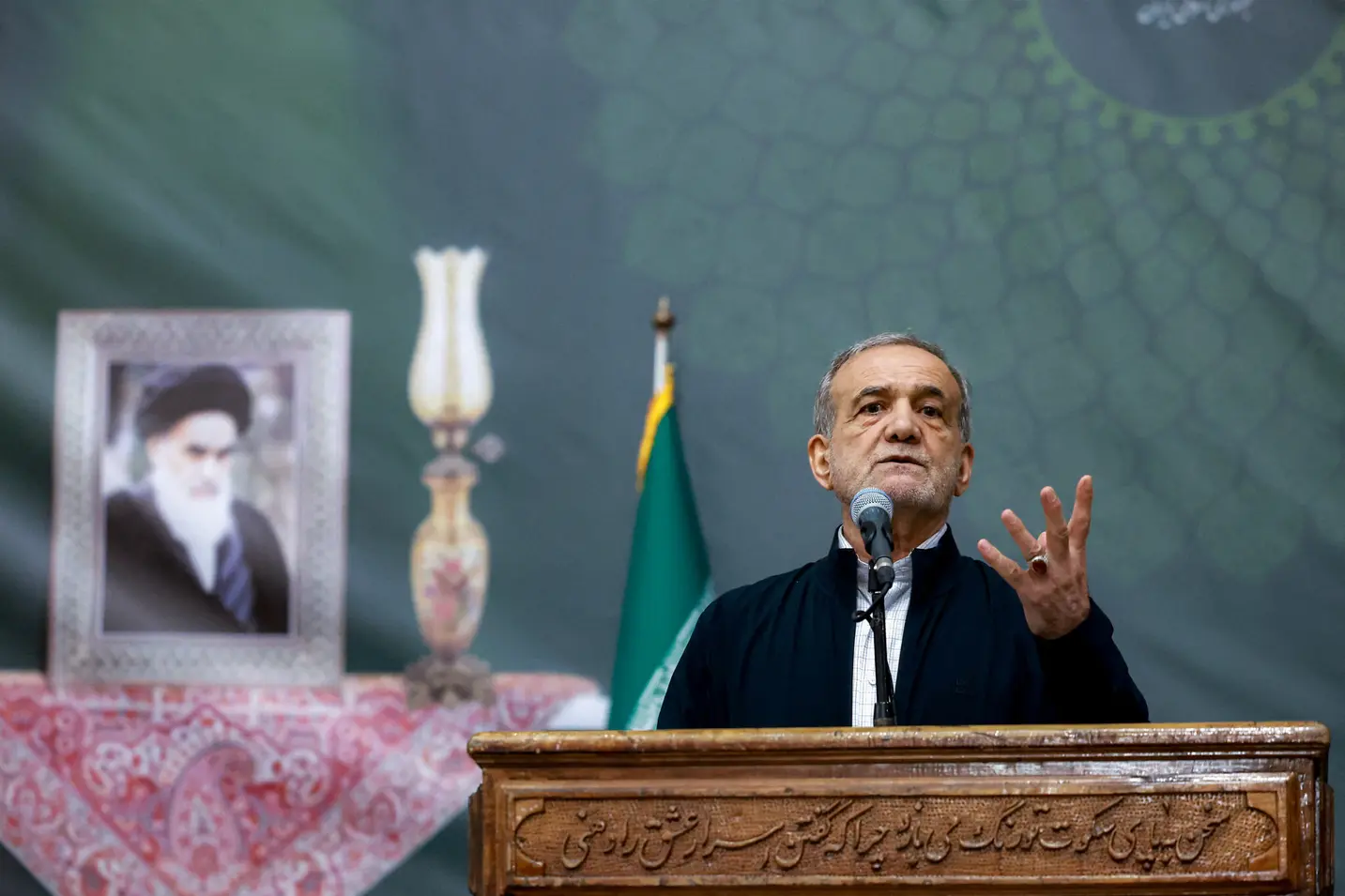
After Netanyahu urged Iranians to protest, Tehran rejects an Israeli water tech plan, arguing it would come from a nation that has deprived Gaza of water
Iran rejects Netanyahu water tech plan amid shortages
Iranian President Masoud Pezeshkian dismissed Benjamin Netanyahu’s call for Iranians to protest over power and water shortages. He wrote that a country which deprives Gaza of water would not bring reliable help to Iran. Netanyahu released a video urging Iranians to take risks for freedom and to demand accountability, and he suggested bringing Israeli water experts to Tehran to share advanced technology. The moment comes two months after a new cycle of regional tensions and amid Iran’s hot weather that has strained the power grid.
Iran faces steep water stress with reservoir levels dropping and rolling blackouts affecting industry and daily life. Government offices have been ordered to close for parts of the day to cut power use. The exchange also touches on Gaza where water infrastructure has been damaged during extended fighting, complicating humanitarian concerns surrounding any outside assistance. Israel is described as a global leader in desalination and has pipelines into Gaza, while also overseeing a UAE backed project to supply water from a desalination facility in Egypt to Gazans along the coast. Last month a Gaza desalination plant restarted after electricity was restored.
Key Takeaways
"A regime that deprives Gaza of water and food now says it will bring water to Iran? A MIRAGE, NOTHING MORE."
Pezeshkian's reaction to Netanyahu's call for Iranian aid.
"take risks for freedom"
Netanyahu's message urging Iranians to protest.
"take to the streets"
Netanyahu's call to Iranians to protest.
The exchange shows how water issues are interwoven with regional politics. Tehran’s rejection frames external help as a political test rather than a practical fix, signaling a warning that aid will be weighed against broader trust and accountability. Netanyahu’s call reveals how water tech can be used as a diplomatic card, not just a technical solution.
Looking ahead, the episode underscores how climate stress and political rivalries shape public policy. If Iran cannot manage its own water and power, outside proposals will be judged not merely on technology but on motives and consequences for ordinary people. The region’s water story is becoming a proxy for larger clashes over legitimacy and influence.
Highlights
- A MIRAGE, NOTHING MORE.
- Water deals from a regime that deprives Gaza of water feel hollow.
- Desalination talk cannot fix Iran’s drought.
- Promises without accountability do not quench a nation.
Political sensitivity and potential backlash
The piece touches ongoing inter-state tensions and humanitarian concerns. Reactions could vary within Iran and among regional observers, with a risk of backlash against perceived foreign interference.
Watching how governments balance scarcity with sovereignty will tell us who really controls the water future
Enjoyed this? Let your friends know!
Related News
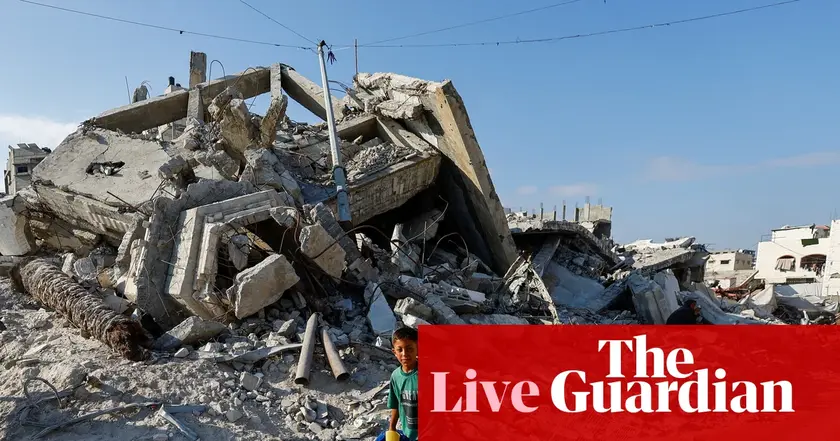
Twenty fatalities reported in Gaza aid truck tragedy
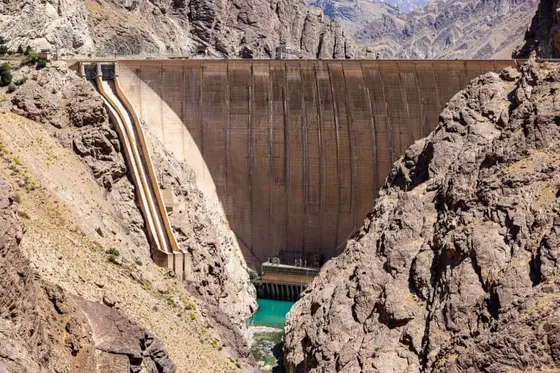
Iran declares emergency amid worsening water crisis

Israel outlines plan to free Gaza from Hamas

Israel plans large-scale aid for Gaza amid occupation discussions

Israeli airstrikes kill 21 in Gaza as hunger crisis escalates
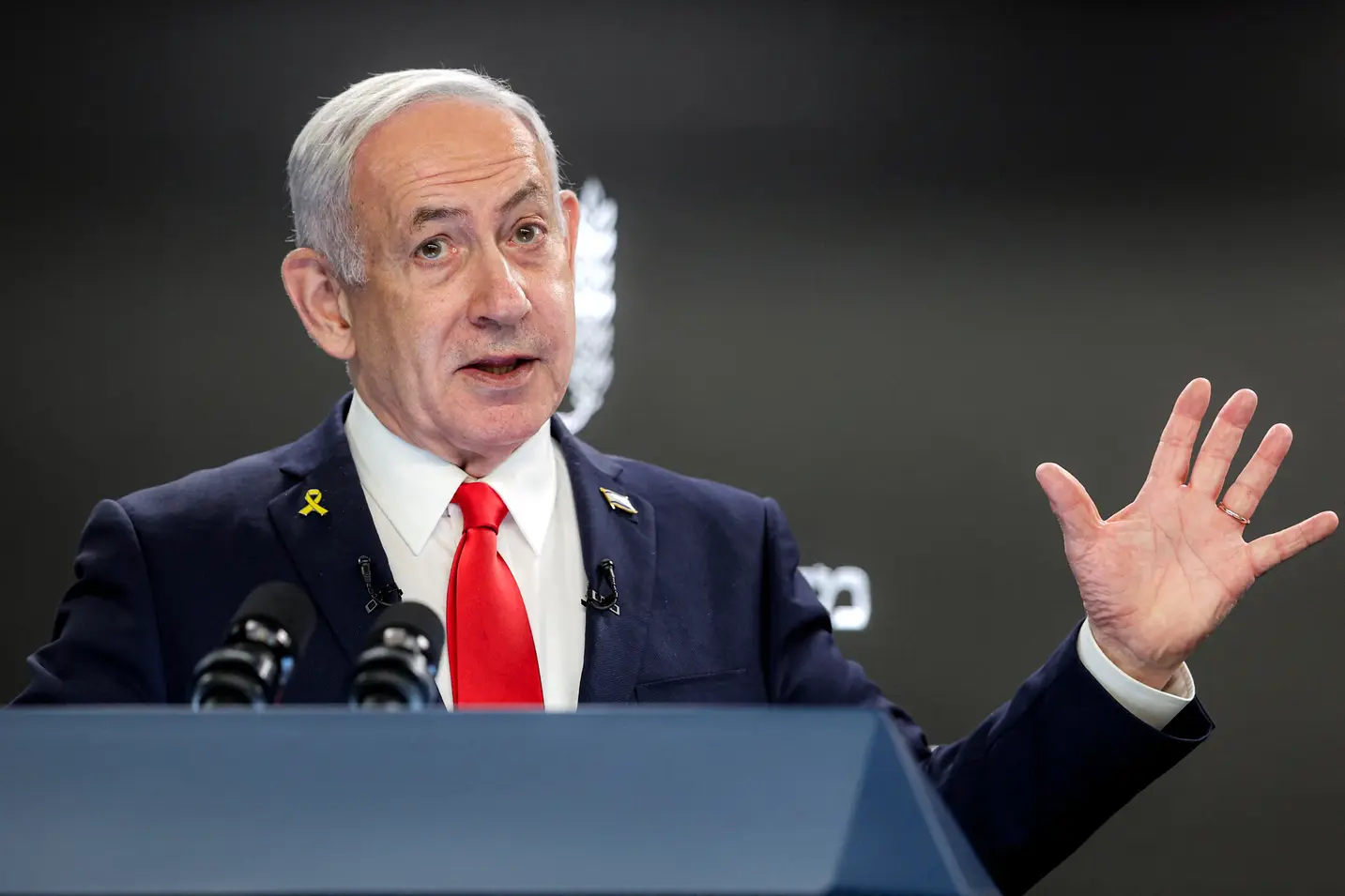
Netanyahu defends Gaza policy amid genocide accusations
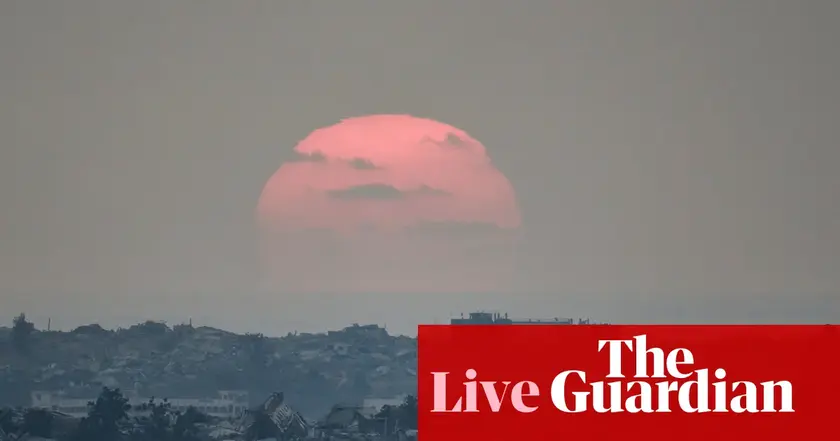
Gaza City plan triggers international backlash

Gaza faces severe starvation crisis
